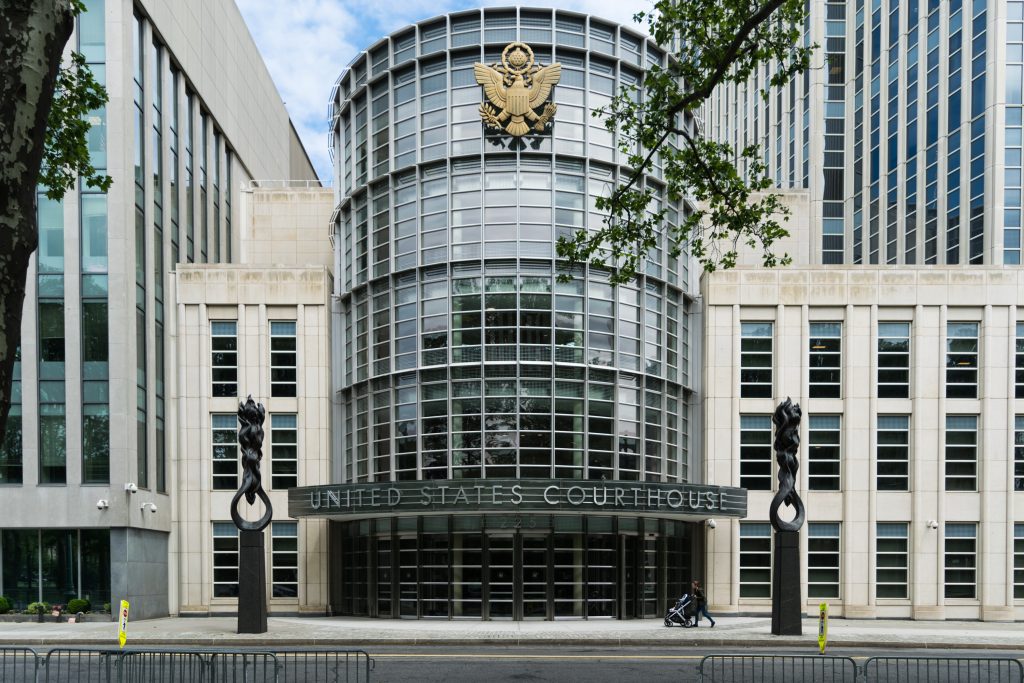Indictment of Iurii Gugnin in Brooklyn Federal Court
The U.S. District Court for the Eastern District of New York, commonly referred to as Brooklyn Federal Court, has unsealed a 22-count indictment against Iurii Gugnin. The charges against him include wire and bank fraud, conspiracy to defraud the United States, breaches of the International Emergency Economic Powers Act, operating an unlicensed money transmitting business, and related conspiracy counts.
Allegations of a Large-Scale Financial Scheme
Gugnin, a Russian citizen residing in New York, allegedly utilized his cryptocurrency business, “Evita,” to channel over $500 million in international transactions through U.S. banks and cryptocurrency exchanges, obscuring the origins and purposes of these payments.
Arrest and Initial Proceedings
He was apprehended and presented before U.S. Magistrate Judge Taryn A. Merkl, where it was decided that he would remain in custody awaiting trial.
Statements from Authorities
U.S. Attorney Joseph Nocella, Jr. and other officials emphasized the severity of the charges, stating that Gugnin’s actions represented a money laundering operation masquerading as a legitimate cryptocurrency firm. Nocella reiterated the commitment to prosecuting individuals who exploit the U.S. financial system and undermine national security.
Details of the Fraudulent Operations
The indictment alleges that Gugnin used his companies, Evita Investments and Evita Pay, to assist foreign clients, mostly linked to sanctioned Russian banks, in laundering money through cryptocurrency wallets and U.S. bank accounts. He transformed these funds into U.S. dollars or other currencies while masking their origins.
Deceptive Practices and Legal Violations
Between June 2023 and January 2025, he reportedly facilitated around $530 million in transactions, misleading banks and exchanges about his clientele and operations. Gugnin maintained personal accounts with sanctioned banks, further complicating his legal situation.
Consequences and Legal Outlook
If convicted, Gugnin could face significant prison time: up to 30 years for bank fraud, 20 years for wire fraud and related charges, and additional sentences for other violations. The indictment’s allegations remain unproven until established in a court of law.



